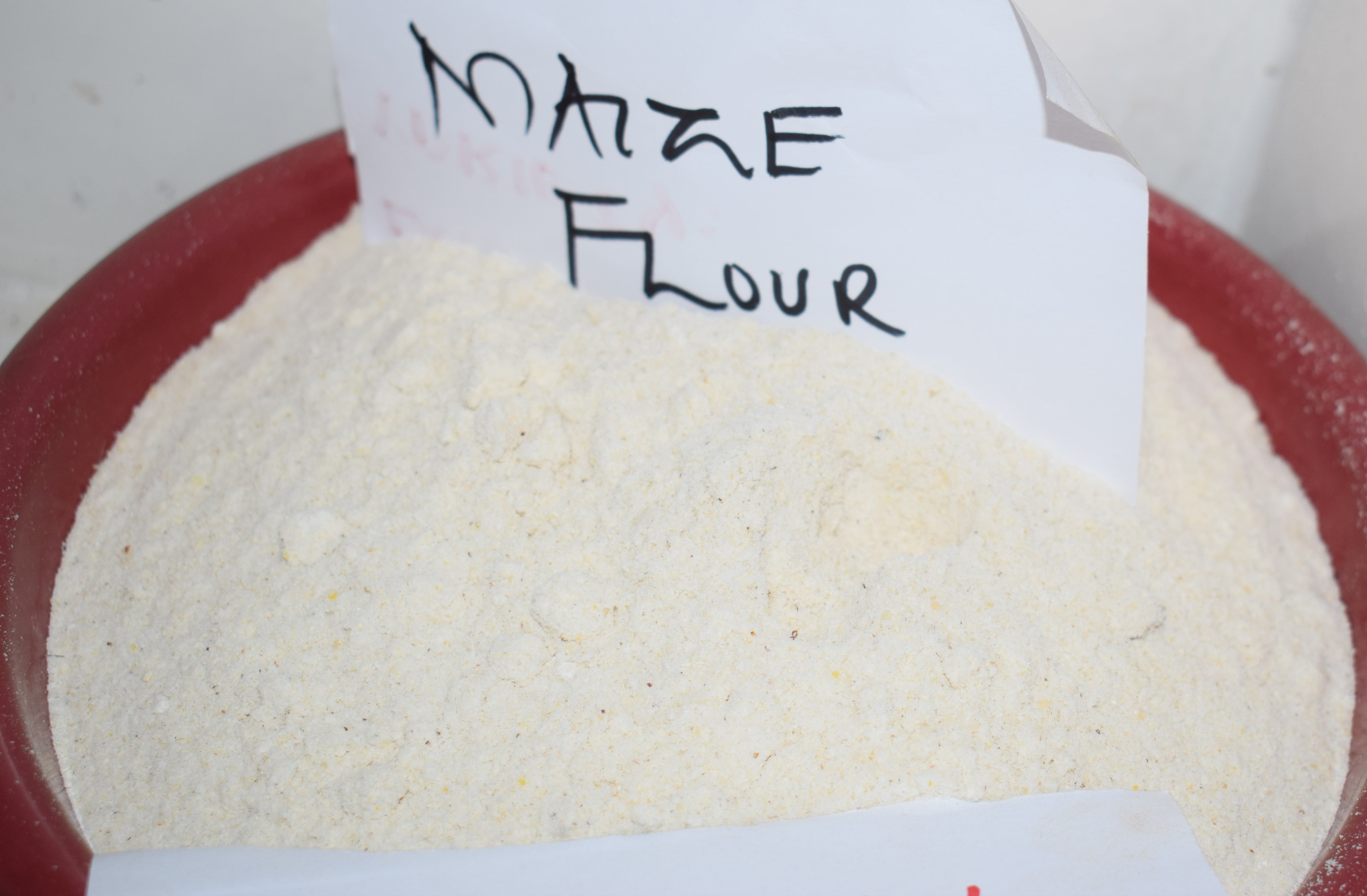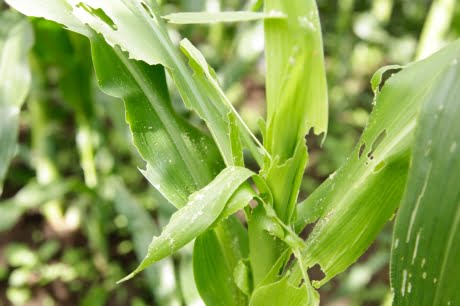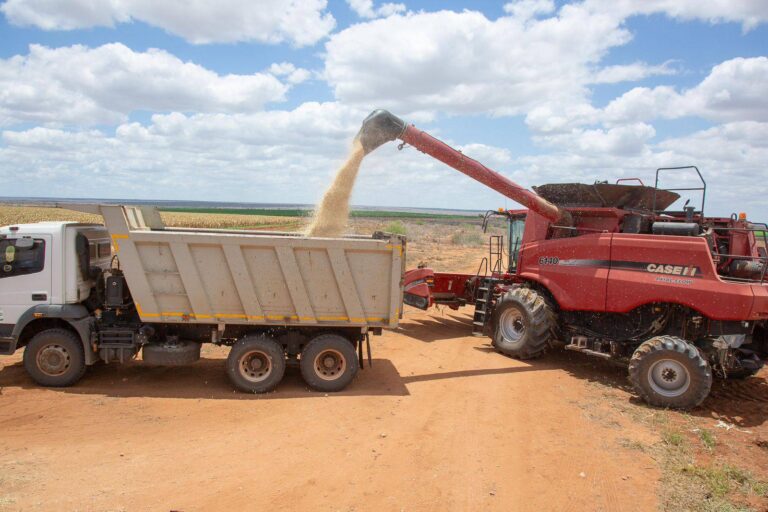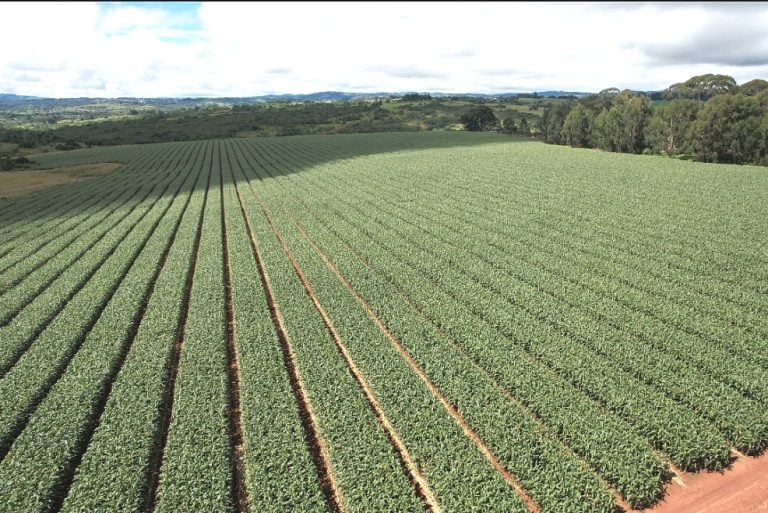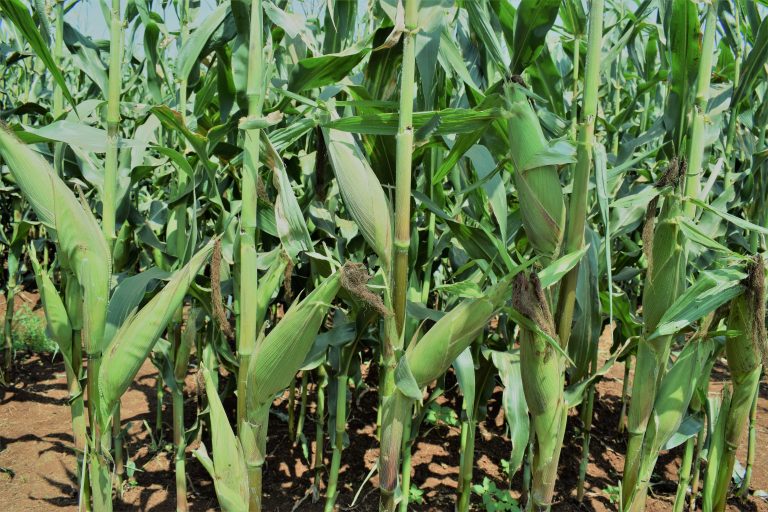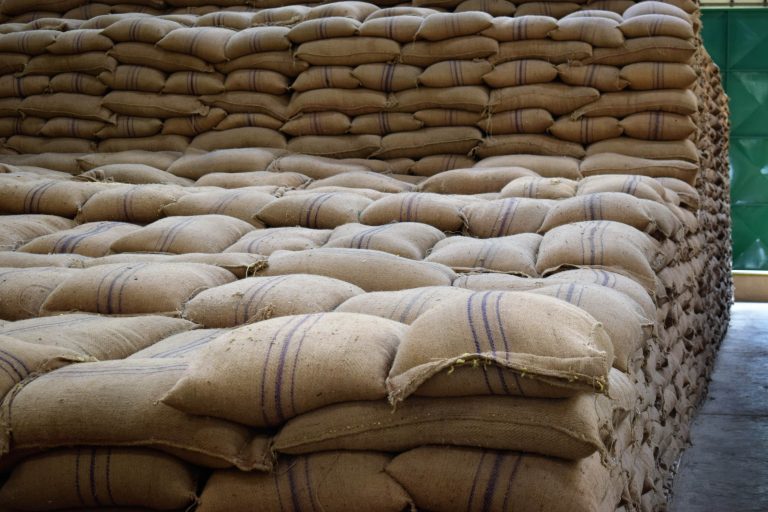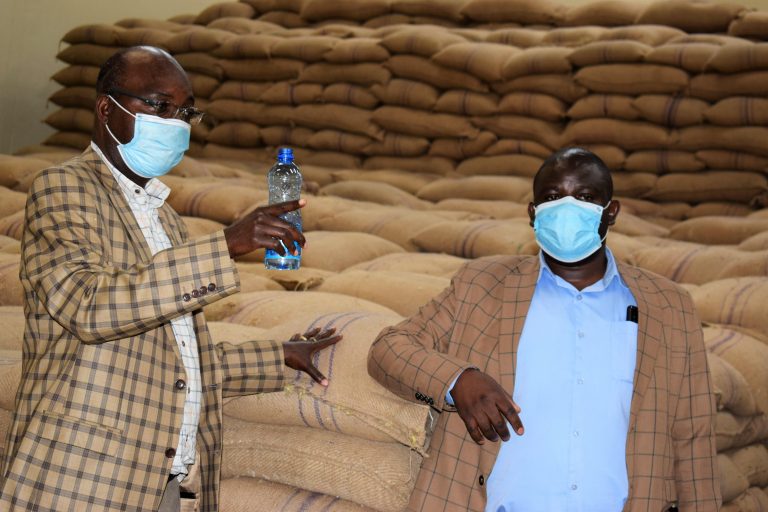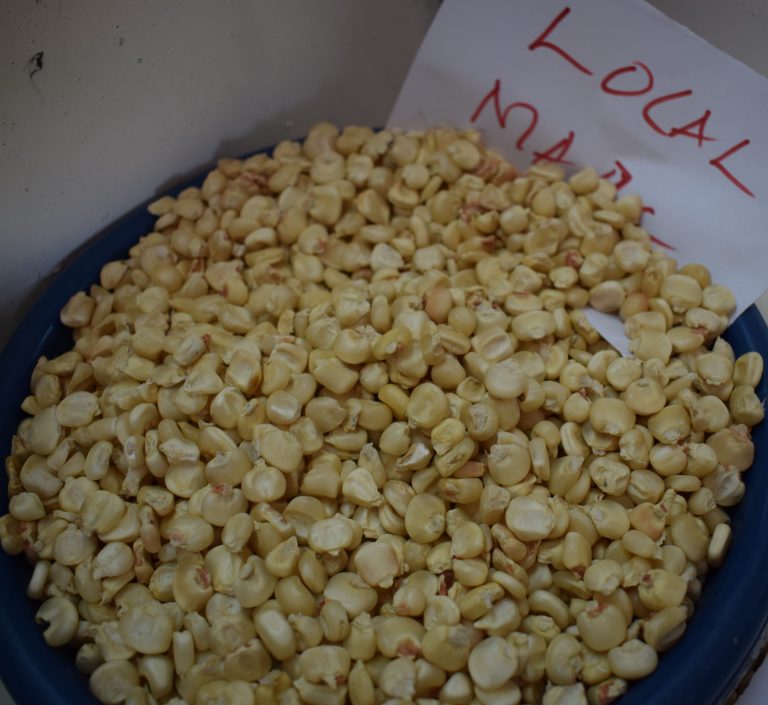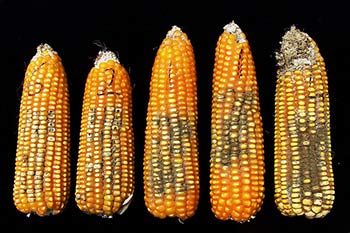By David Ndegwa
Why is a packet of Unga retailing at Kshs 205?
Let’s forget the subsidy and Corporate Social Responsibility (CSR) first. Under normal market forces, the explanation is that the maize supply is low while the demand is high and therefore the price must be high. Therefore, are the millers to blame? I highly doubt it.
Last week I called a friend and asked him the price of maize in Bungoma where harvesting is ongoing and he gave me a price of 150 Bob per gorogoro which is approximately 2.25 kgs. The cost of maize per kg is therefore 66 Bob. If you mill 1kg, you recover 70% which is 700 gm for Kshs 66. This means the cost of 1kg of Unga is Kshs 94. Add milling costs of Kshs 2 per kg which is Kshs 4 for a 2kgs packet, packaging costs at Kshs 2 etc .
If you add all these costs, you will realize that Kshs 205 for a 2kg packet isn’t excessive and millers are charging reasonably. So, if they are asked to squeeze their margins further down, what would be the likely scenario? The millers will stop milling because they can’t operate at a loss.
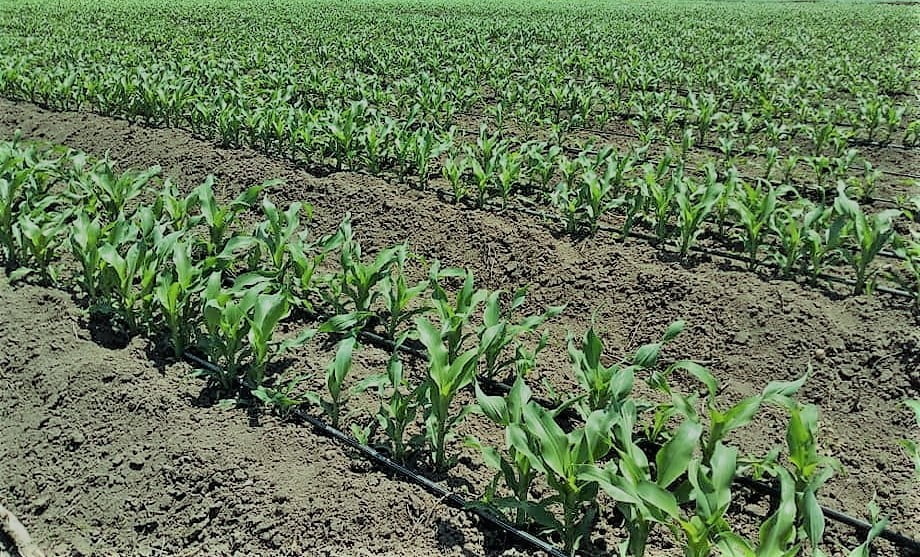
What do we need to do? The problem is the low maize supply in the country and this is what should be addressed. Once the supply is increased, the price will automatically go down. The President announced some measures that will make it easier to import maize, but not unless someone or some traders had gotten a wind on what would happen and had started shipping, the normal arrangements and shipping would take almost a month for meaningful supply to be realized.
He went further on and reduced the price of Unga to Kshs 100. As much as this is good to the ears, it is not realistic and may not last for more than a week and if it happens, then it would appear that the current maize shortage is artificial which I highly doubt.
What the government did is to introduce an artificial force into the market similar to increasing the consumer’s purchasing power in a period of scarcity which births inflation. This is a situation where buyers have more money than the available goods which brings about inflation under normal circumstances.
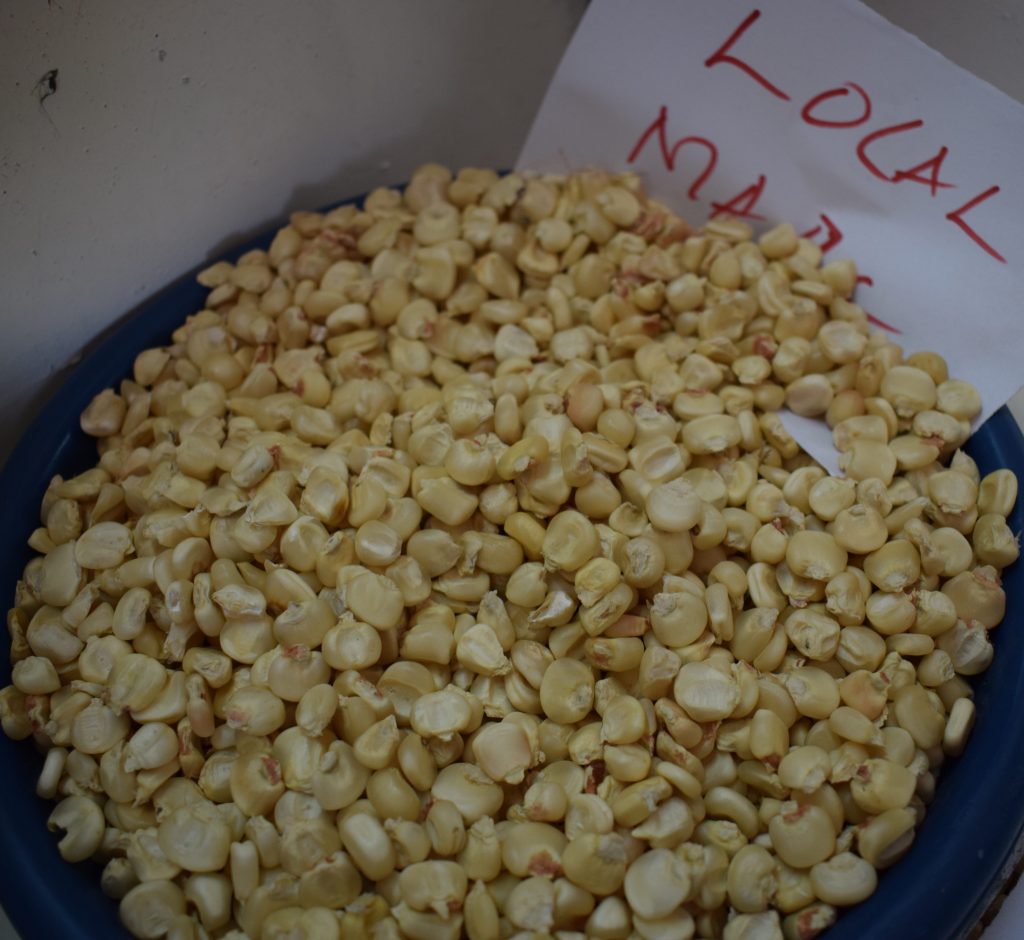
But since the situation isn’t normal, buyers will buy and deplete the goods on the shelves halafu wauziwe hakuna.
If maize supply is not increased with lightning speed to replace the stepped-up purchases as a result of the drop in price, there will be a serious shortage in a week or 2.
David Ndegwa is a trained agriculture expert and a practising farmer and agronomist


